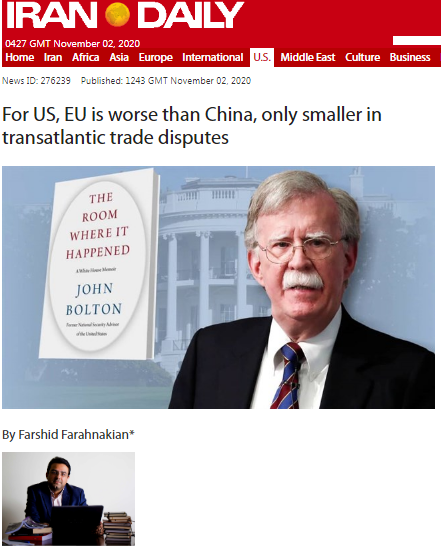For U.S., EU is worse than China, only smaller in transatlantic trade disputes
Post Description: In the book “The Room Where It Happened,” John Bolton reiterates Trump's quote three times that for the United States, “the EU is worse than China, only smaller.”
This article was published in August 2020 in Iran Daily newspaper.
For U.S., EU is worse than China, only smaller in transatlantic trade disputes
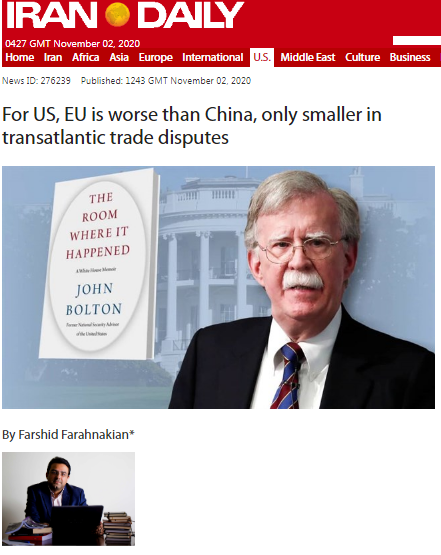
Iran is mentioned 755 times in the book “The Room Where It Happened,” which contains 18-month recollections of John Bolton as President Donald Trump's national security adviser. In fact, among other countries, the name of Iran is mentioned the most in this book. Also, the name or title of the Supreme Leader of Iran, the President of Iran Hassan Rouhani, and the Minister of Foreign Affairs of Iran Mohammad Javad Zarif has been mentioned 28, 26, and 43 times respectively. This volume of attention to Iran and its high-ranking officials indicates that the White House can never ignore Iran's position and its role in regional and international developments and is forced to pay attention to this.
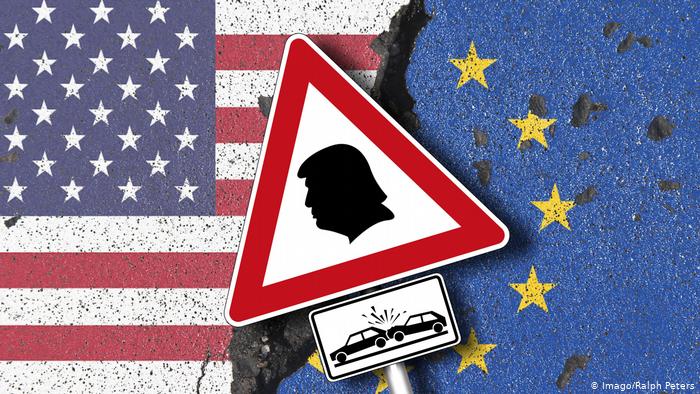
Of course, the 167 repetitions of the name of Europe in John Bolton's book, many of which have been used to express the EU's serious disagreement with Trump on various issues, highlight the importance of the outcome of the recent United States presidential election for its members. Trump does not look at the EU as an ally or even a partner but as a rival. The difference that is taken into consideration in the following of this article is the difference in perception of the concept of free trade between this union and Trump. This difference of opinion is such that it has brought the countries on both sides of the Atlantic to a serious trade war.
The Mistakes of the Unipolar Era
By the mid-1990s, the United States found itself in a position of primacy unmatched in modern history. Its combination of economic, military, and soft power dwarfed all others, and scholars such as William Wohlforth and Stephen Brooks offered sophisticated and well-reasoned arguments for why the unipolar era might last as long as or longer than the bipolar era that preceded it. What these optimists did not anticipate, was the series of self-inflicted wounds that the United States would suffer in the years that followed a train wreck of recurring blunders that has accelerated and worsened under Donald Trump.
Before Trump, the mistakes of the unipolar era fell under three main headings. The first error was adopting a grand strategy of liberal hegemony, which sought to spread democracy, markets, and other liberal values far and wide and to bring the whole world into a liberal order that was designed and led by the United States. The second mistake was to allow public institutions to deteriorate, by starving them of resources and then blaming them for all our problems. The third misstep was the weaponization of partisan politics.
Unfortunately, these three trends were also sharply at odds with each other. As Fareed Zakaria noted back in 1998, the result was a “hollow hegemony,” as the United States tried in vain to manage the world on the cheap.
The consequences of these three errors provided the toxic brew that allowed an incompetent and narcissistic charlatan like Trump to reach the White House. His only significant foreign-policy achievement to date is getting Britain to decide not to use Huawei technology for its new 5G digital network, but that’s not much to show for nearly four years in office.
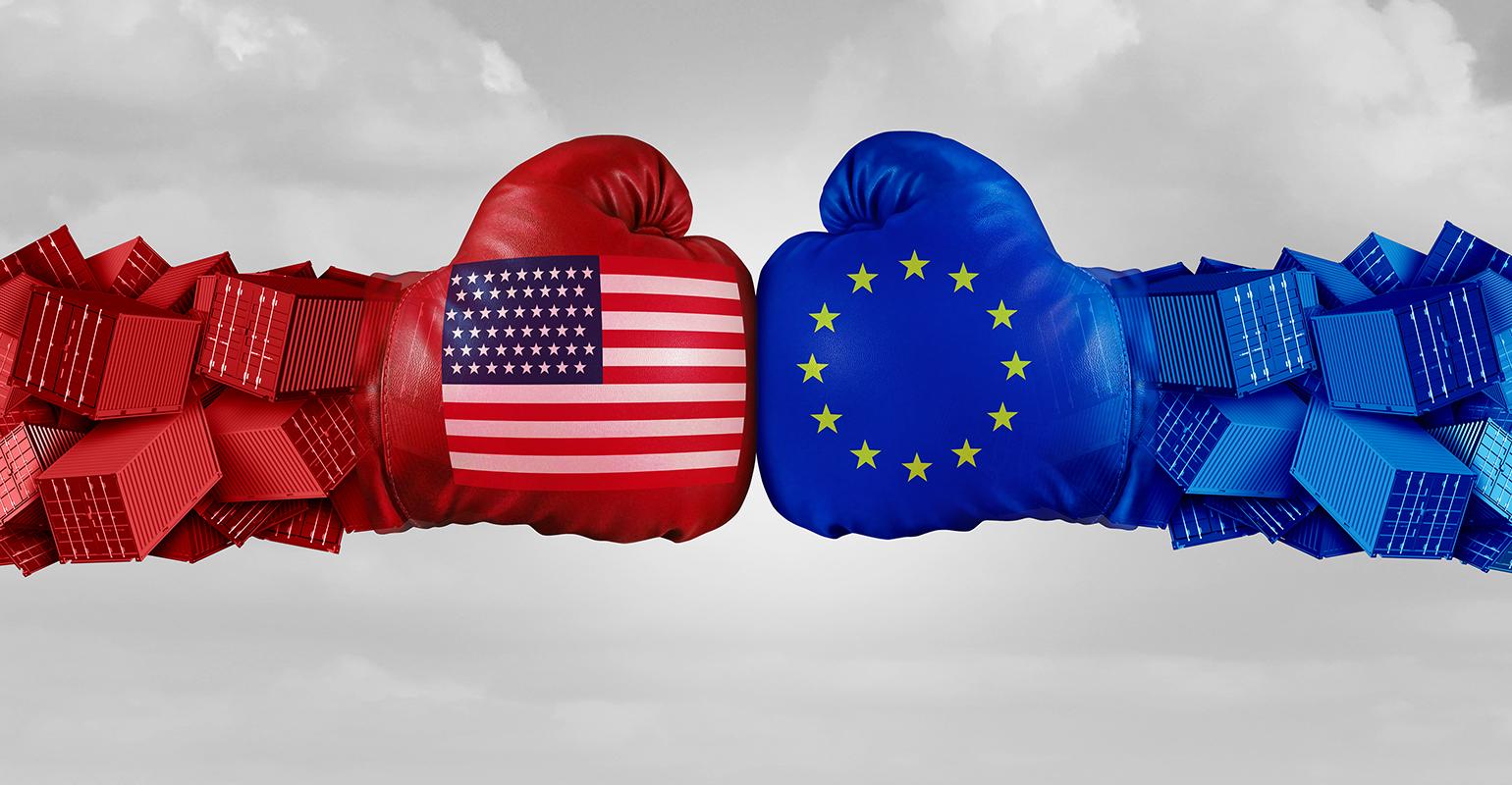
The Trans-Atlantic Trade Disputes
When the United States and the European Union fight over trade, it might lack the intensity and geopolitical impact of the U.S.-Chinese trade war. But what trans-Atlantic trade disputes have so far lacked in drama, they make up for with a history of irreconcilable differences and sheer tenacity which does not bode well for the relationship going forward, no matter who wins the U.S. presidential election.
Take the dispute of more than 15 years over the various government subsidies enjoyed by rival aircraft-makers Airbus and Boeing. Part of the aircraft dispute hinges on a fundamental question that is playing out again with the rise of China: To what extent should countries be permitted to bend the rules in order for their companies to catch up with dominant market leaders? There is no legal answer to this question; it requires a negotiated settlement, however difficult those negotiations might be. In other words, 16 years of fighting have achieved nothing but new tariffs that hurt exporters of unrelated products, and that have not helped either company. That self-destructive failure has set a template for U.S.-EU trade relations. Instead of finding mutually acceptable resolutions to trade problems, each side has dug in deeper, often inflaming public opinion. U.S.-European disagreements have entrenched the idea that product regulations are purely a national matter, even if they are often intentionally used to block trade.
The ongoing Airbus-Boeing dispute was one of several that derailed the grandly named Transatlantic Trade and Investment Partnership, which was supposed to be a comprehensive deal to align the two superpowers of trade at a time when the growing challenge from China was becoming apparent. But in 2016, after three years and 15 rounds of negotiations, the planned agreement died without a single chapter being concluded.
Trump reiterated his threat to impose a hefty tariff on European cars, mainly aimed at German companies such as Volkswagen and Daimler. Trump claimed that the EU was “formed in order to take advantage of the United States,” and he has frequently said that Europe “treats us worse than China.”
The United States has also launched an investigation under Section 301, the same law used to impose tariffs on China, into new digital taxes levied or under consideration in the EU and several of its member states. The EU, in turn, has promised to retaliate in kind against any new U.S. tariffs. EU Trade Commissioner Phil Hogan warned that he expected an especially turbulent relationship with the United States in the months leading up to the November presidential election. The United States and Europe are threatening tariffs against each other instead of finding common ground.
Corporate taxation is another battleground. With governments across the world starved for resources to fight the COVID-19 pandemic, they need to find better ways to tax global companies such as Apple that are increasingly effective at avoiding taxes.
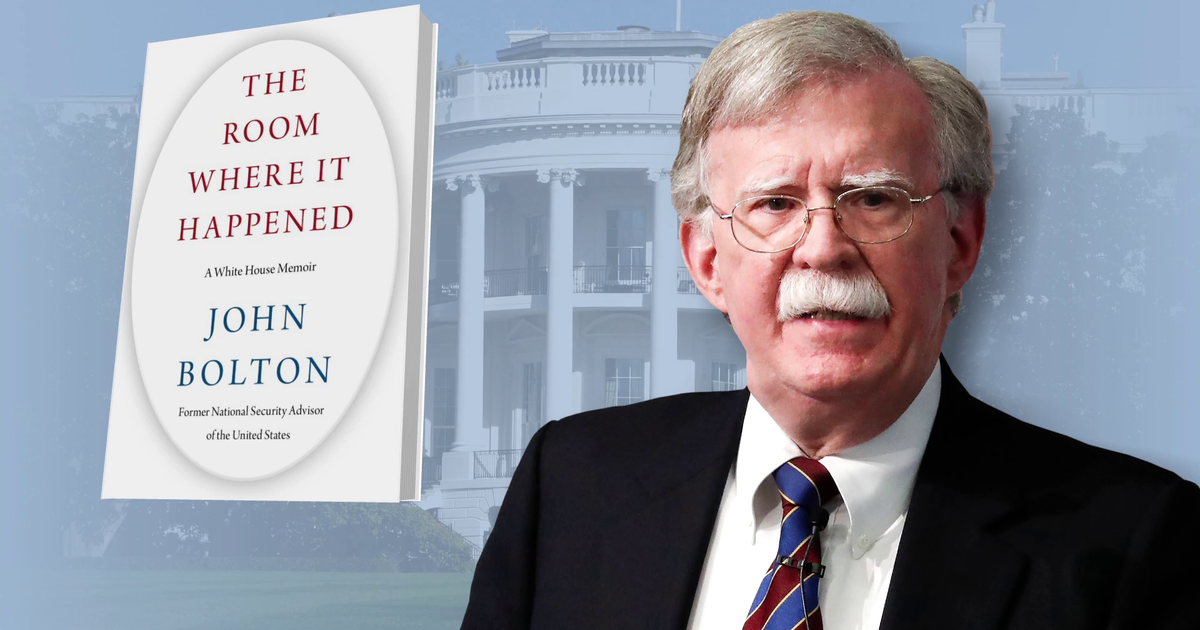
For U.S., the EU is worse than China, only smaller
In the book “The Room Where It Happened,” John Bolton reiterates Trump's quote three times that for the United States, “the EU is worse than China, only smaller.”
The building of the modern global trade system was a project led by the United States and Europe over several decades following World War II. Trump’s “America-first” trade policy has been especially self-destructive; he sees every trade issue as a zero-sum battle that the United States must win at all costs, precluding any cooperation that serves both sides’ interests. But it should be just as clear that a victory by Democratic presidential candidate Joe Biden in November would not heal all wounds in the U.S.-EU relationship.
Bottom Line
The fact is that in the countries on both sides of the Atlantic, proponents of free trade, as the solution to all political impasses, do not consider that communism and socialism are not the most important rivals and enemies of the free market; rather, it is the free economies of other hegemons and countries!
Throughout history, Western European powers have repeatedly pushed other free economies to the brink of war or economic blockade in order for their free economy to flourish. France, the United Kingdom, the Netherlands, Portugal, and Spain have competed for maximum freedom of action for themselves and minimum economic freedom for others.
Those who think that the free market leads to the freedom and prosperity of all countries ignore the violent aspect of competition, namely natural confrontation and conflict. They are considered to follow the romantic theory of “abundance”, which believes that there is room for everyone on earth and that there are unlimited resources in the market, and that one can always reach a win-win situation, by thinking.
Unfortunately, history and the natural sciences do not confirm any of these optimistic post-World War II assumptions. Trade tensions between China, Europe, and the United States are the latest example of the truth that has existed on the planet for thousands of years. Market resources and capacity are limited. The free market is good, but for me, not for my enemy.
A free market leads to the freedom and prosperity of some nations and the captivity and poverty of others. The free market is good if you are strong, and if you are weak, the free market is bad. Same as the forest is good for the lion and bad for the sheep! You may ask, isn’t the free market itself going to strengthen us? The answer is: maybe! If sheep survive in the forest, maybe!
Strengthening is possible only through knowing and learning, not through blindly implementing an economic model. That is why a unipolar world is neither natural, nor stable, nor fundamentally possible. The free market is not a saving religion to unite the nations under its flag. The goal of all nations in history has been and will be their economic freedom and the captivity of others. There’s no easy way out!
